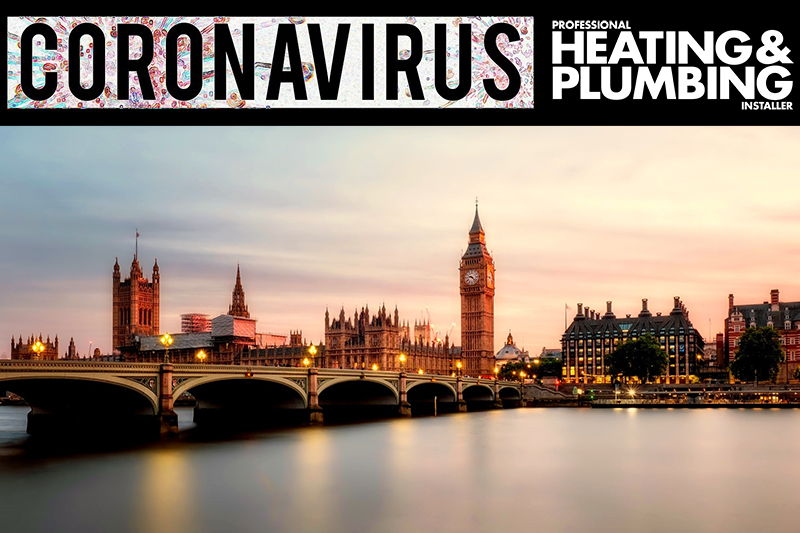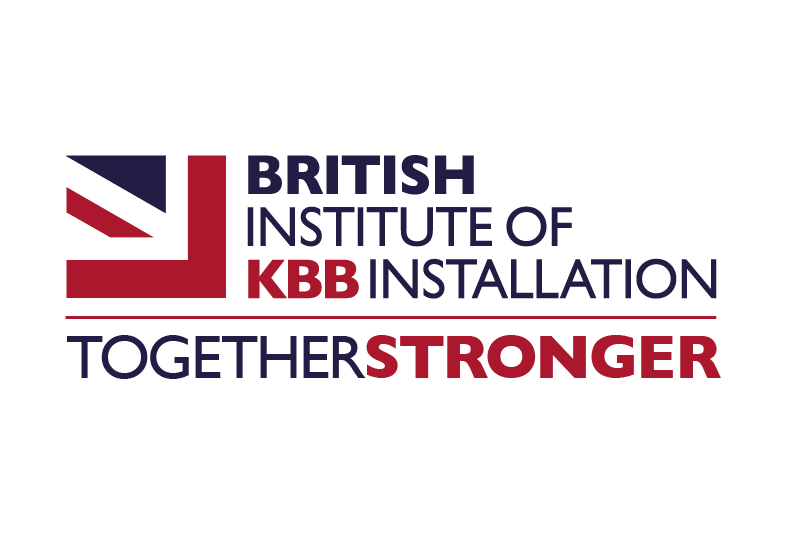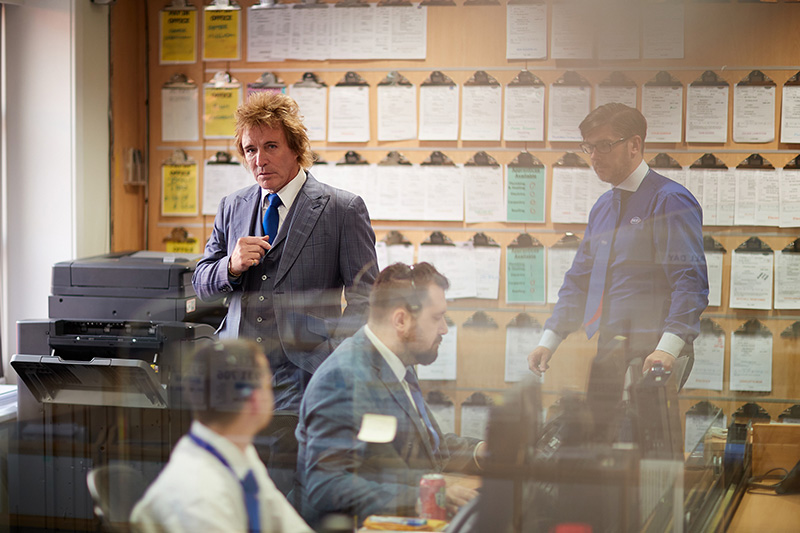
The building engineering industry is providing a critical service by ensuring buildings can continue to operate as normal and support essential operations such as the NHS and food suppliers in the face of the COVID-19 pandemic, according to the Department for Business, Energy and Industrial Strategy (BEIS).
The important status of engineers who maintain the reliability of heating, hot water, ventilation, electrical and building management systems during the Coronavirus crisis was confirmed by a BEIS official during a webinar hosted by the Building Engineering Services Association (BESA).
BEIS confirmed that building maintenance should continue as normal, subject to compliance with Public Health England guidance, the government’s social distancing policy and the site operating guidance published by the Construction Leadership Council.
“Building maintenance is helping to save lives,” the official told the webinar, adding that “people who fix crucial safety issues in buildings, including plumbers maintaining boilers for the elderly and vulnerable, must be able to keep working. They are carrying out important work”.
BESA members have been reporting high levels of enquiries, particularly from facilities managers facing unprecedented building maintenance challenges. Chief Executive David Frise, who chaired the webinar, pointed out that maintenance was essential “to keep schools, hospitals, care facilities and supermarkets operating and so these workers must be able to continue travelling to critical sites during the current lock down period”.
“They are not just taking up space on the tube. They are carrying out crucial work,” he said.
Part of the solution
Heating, ventilation and air conditioning (HVAC) systems are “part of the solution and not part of the problem”, added Graeme Fox, who heads up the UK’s F-Gas register REFCOM. He said rumours that air conditioning helped to circulate the virus had no foundation in science*.
Mr Frise also pointed out that the risk presented by poorly maintained HVAC systems was well established. For example, bird droppings in air handling units at the Queen Elizabeth University Hospital in Glasgow was linked to the death of two patients who had contracted fungal infections as a result.
“Additionally, with increasing numbers of people working from home and vulnerable people distancing themselves or self-isolating, proper building maintenance and ventilation is critical to ensuring their ongoing health and wellbeing,” he said.
Owners, landlords and tenants of empty or partially occupied buildings during the lockdown will also need to maintain their buildings for security purposes; to achieve statutory compliance; to protect the fabric and the critical systems as well as satisfying any insurance implications.
BESA is supporting this work by making its recently updated and relaunched SFG30 ‘Mothballing and Reactivation’ free to members for 12 months and cutting its price by 50% for other users.
SFG30 takes users through a step-by-step process for maintaining critical services during partial occupancy periods in a way that makes them ready for rapid and full reactivation when business returns to normal.
This includes key elements such as keeping water systems safe and healthy (in line with the Health & Safety Executive’s L8 rules for legionella control); both active and passive fire protection systems; safe handling of refrigerant gases; electrical and gas service safety checks and ventilation hygiene. It also explains how to maintain security systems and lifts if they are still in service among many other factors.
For more information, visit www.sfg20.co.uk
BESA is hosting daily COVID-19 update webinars. Visit www.thebesa.com/covid19 to join
*REHVA, the European Federation of HVAC associations, has also advised that humidification and air conditioning have no practical effect on transmission of the virus. It has issued guidance showing that Covid-19 is unlike some other viruses in that it is fairly resistant to environmental changes and is susceptible only to high relative humidities above 80% and temperatures above 30˚C.
It advises that heating and cooling systems should be operated normally to ensure buildings can continue to support critical activities and maintain the health and wellbeing of occupants.













